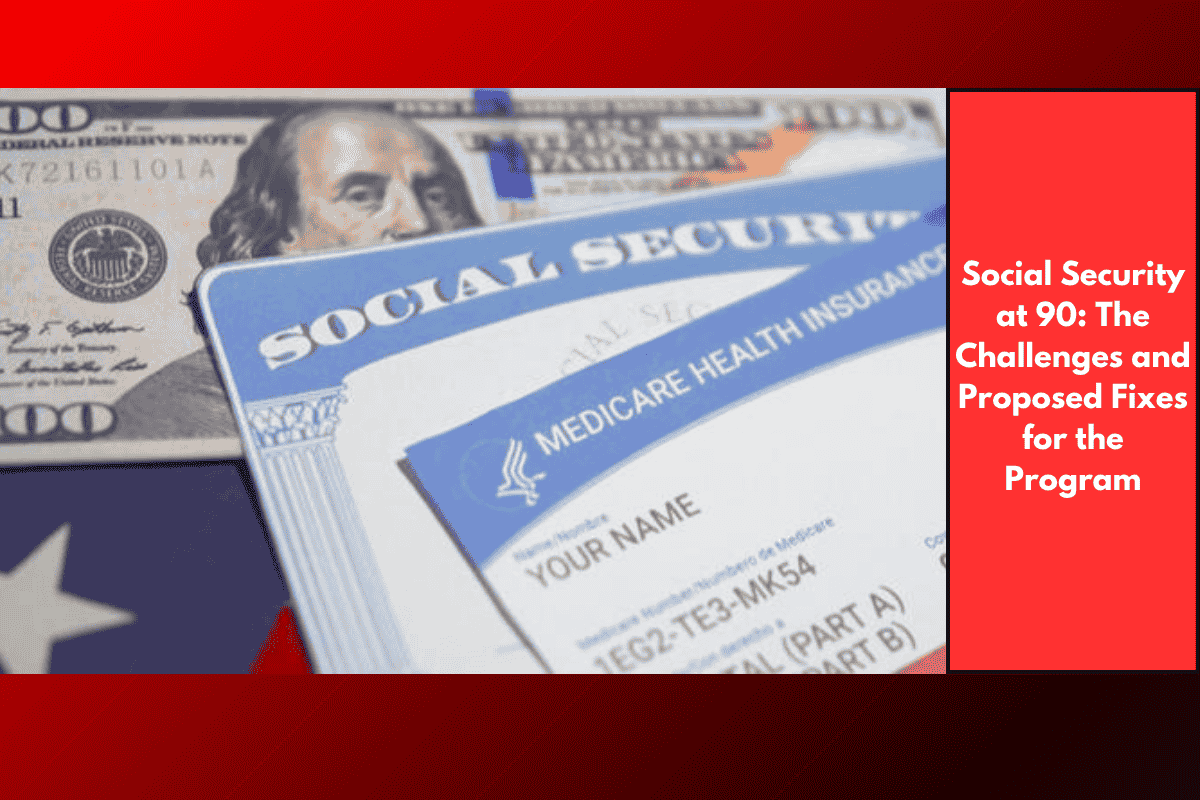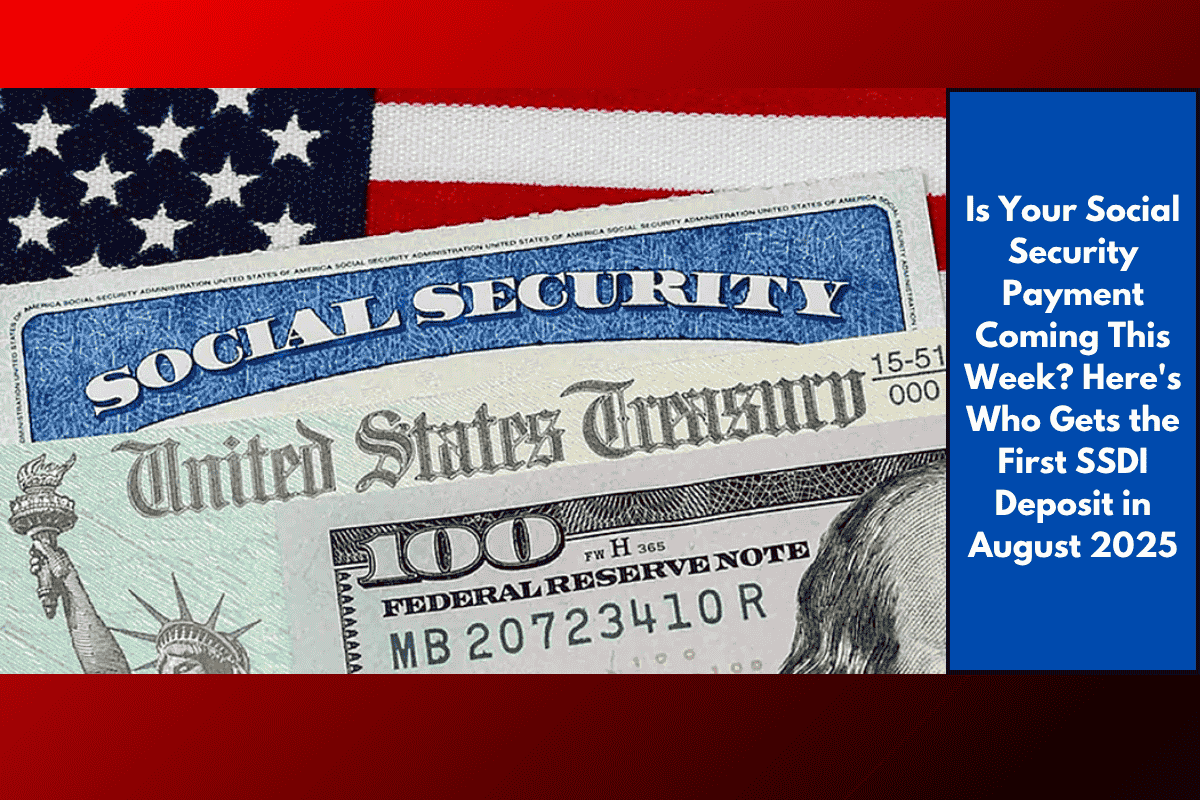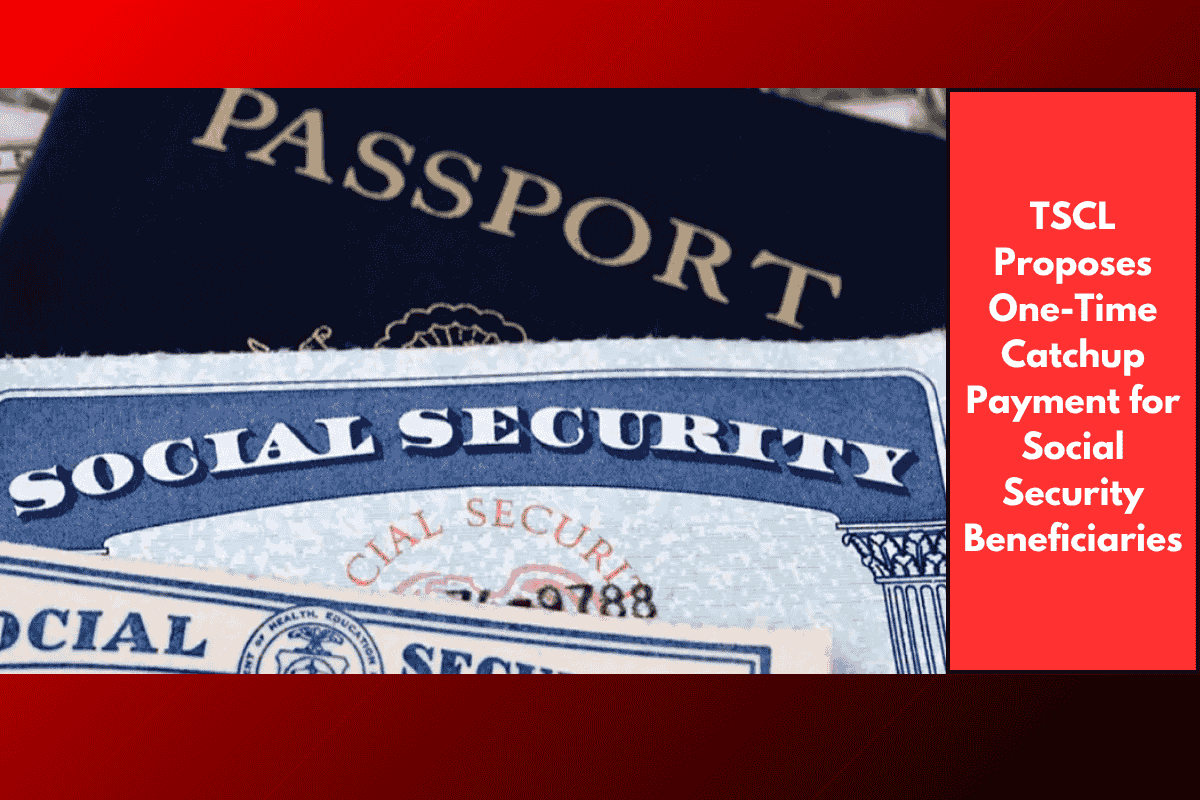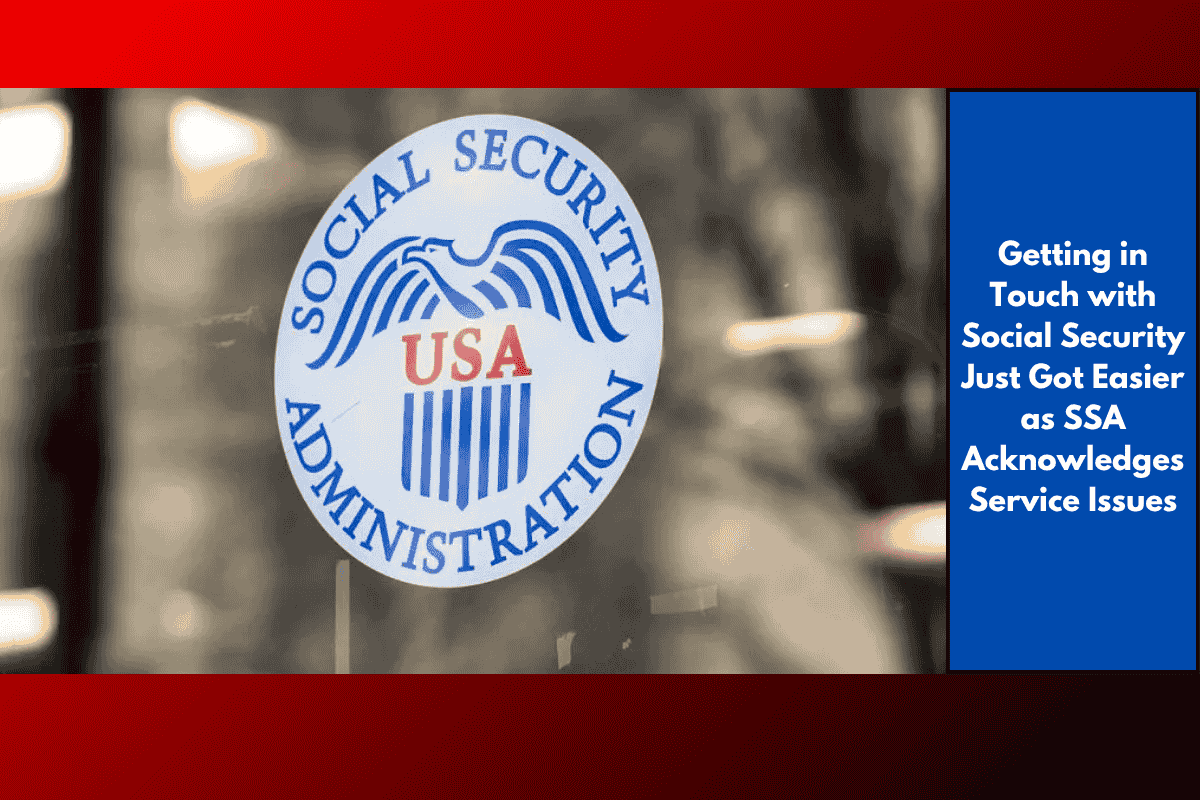The federal government is making a significant shift in how benefits, including Social Security and Supplemental Security Income (SSI), are distributed. Starting October 2025, all federal payments, including Social Security and SSI, will be made digitally—no more paper checks. If you’re still receiving a physical check, you need to act fast to avoid delays.
Why is This Change Happening?
The transition from paper checks to digital payments is driven by three key factors:
High Costs: The government spends $650 million annually on printing and mailing paper checks. Electronic payments, by contrast, cost much less. The federal government expects to save $1 billion over the next decade.
Better Security: Paper checks are vulnerable to fraud. Direct deposits eliminate the risk of lost or stolen checks and make it more difficult for scammers to intercept payments.
Faster Delivery: Digital payments are faster. No more waiting for checks to arrive in the mail or dealing with postal delays. For millions of Americans relying on timely benefits, this means faster and more reliable payments.
Who is Affected?
Approximately 480,000 people, or about 7% of Social Security recipients, still rely on paper checks. This group mostly consists of elderly individuals and those who live in rural areas with limited internet access or banking services. The Social Security Administration (SSA) confirms that 99% of beneficiaries already use electronic payments, making this change the final push to phase out paper checks entirely.
What You Need to Do
If you’re one of the few still receiving paper checks, you need to switch to an electronic payment method by September 30, 2025, or risk delays starting October 2025. You have a few options for making the switch:
Direct Deposit (easiest if you have a bank account)
Direct Express Debit Card (doesn’t require a bank account)
Digital Wallets (less common, but can be used in some cases)
Don’t wait for an email or official letter from the SSA—take action now. If you miss the September 30, 2025 deadline, your October payment could be delayed, creating significant problems for those who rely on these funds to live.
Exceptions
There are a few exceptions to the new rule, including for disaster relief payments (like FEMA checks) and some individuals with no access to banking. However, these exceptions are limited, and the SSA is encouraging everyone to make the switch.
Take Action Now
To avoid disruptions to your payments, visit the SSA website or contact their office to switch your payment method today. This transition is crucial for those who depend on Social Security and SSI to make sure their payments continue without interruption.














